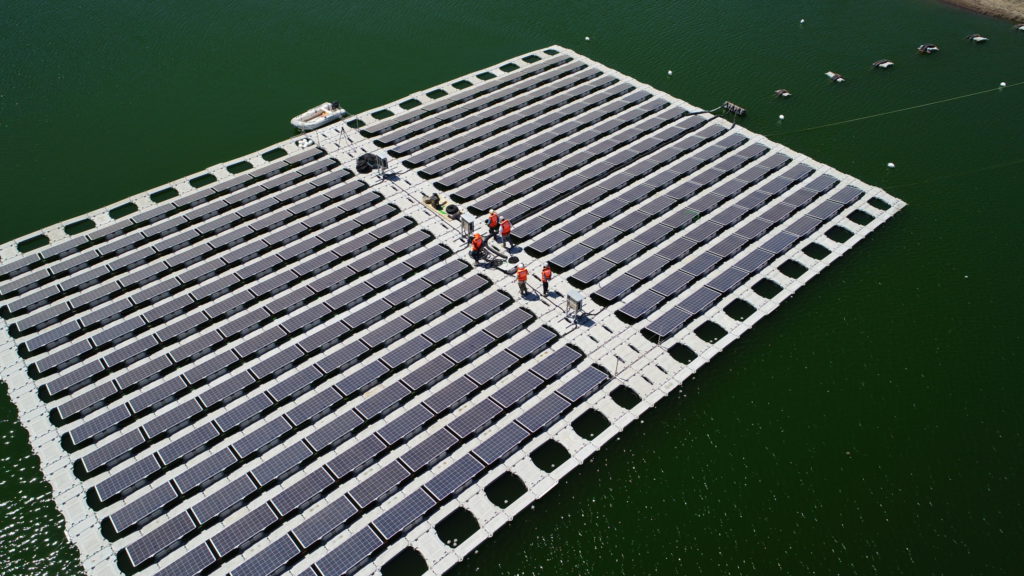World’s largest miners commit to net zero emissions by 2050


A group of the world's biggest mining companies have pledged to reach net zero greenhouse gas emissions by 2050 or sooner, in line with the goals outlined in the Paris Agreement designed to combat global warming.
The International Council on Mining and Metals' (ICMM) 28 company members include Rio Tinto (NYSE: RIO; LSE: RIO), BHP (NYSE: BHP; LSE: BHP), Barrick Gold (TSX; ABX; NYSE: GOLD), Vale (NYSE: VALE), Teck Resources (TSX: TECK.A/B; NYSE: TECK) and others, as well as 35 regional and commodities associations.
Together, ICMM members represent one third of the global mining metals industry, including more than 650 sites in over 50 countries.
"As the suppliers of the minerals and metals that are critical to decarbonization and sustainable development, we have a particular responsibility to minimize the impact of our operations on the environment,” said Rohitesh Dhawan, CEO of ICMM. “ICMM members' collective commitment to net zero scope 1 and 2 GHG emissions by 2050 is a pivotal moment in our history.”
Although the commitment is limited to Scope 1 and Scope 2 emissions (direct emissions and indirect emissions associated with the purchase of electricity, heat or cooling), ICMM companies also pledged to accelerate action on Scope 3 targets (downstream emissions outside of the company's control) “as soon as possible.”
Many of ICMM's members have already laid out their plans to reach net zero emissions by 2050. While some company's targets are more ambitious, (including Anglo American [LSE: AAL]) ICMM says individual members' approach to setting and meeting targets will be consistent.
By the end of 2023, all ICMM members have committed to the following:
Find out more at https://www.icmm.com/netzero.
Comments